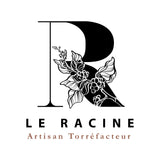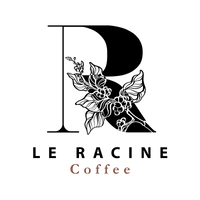Dukundekawa Cooperative
The Northern Province of Rwanda is a vast coffee-growing region endowed
numerous washing stations, welcoming thousands of little ones
producers each owning their own plot. With its lakes, mountains, and an altitude exceeding 1600 meters, it is a place conducive to
quality coffee culture. The Coko terroir benefits from a climate of
savannah with a dry winter, abundant summer precipitation, an average annual temperature of 21.3°C and 828 ml of precipitation. Some forests have been preserved, offering numerous hikes
near the Visoke volcano, with the possibility of observing gorillas.






















